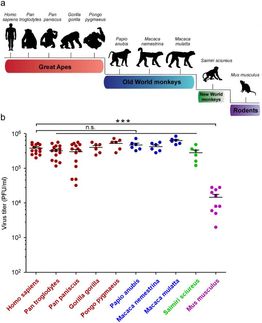New protein regulates water in the brain to control inflammation
Advertisement
New research in the FASEB Journal suggests that aquaporin-4, a water transporting protein, plays a role in brain inflammation via a mechanism involving astrocyte swelling and cytokine release
A new protein, called aquaporin-4, is making waves and found to play a key role in brain inflammation, or encephalitis. This discovery is important as the first to identify a role for this protein in inflammation, opening doors for the development of new drugs that treat brain inflammation and other conditions at the cellular level rather than just treating the symptoms. This discovery was published in The FASEB Journal.
"Our study establishes a novel role for a water channel, aquaporin-4, in neuroinflammation, as well as a cell-level mechanism," said Alan S. Verkman, M.D., Ph.D., a senior researcher involved in the work from the Department of Medicine and the Department of Physiology at the University of California, San Francisco. "Our data suggest that inhibition or down-regulation of aquaporin-4 expression in brain and spinal cord may offer a new therapeutic option in diseases such as multiple sclerosis, neuromyelitis optica and other conditions associated with neuroinflammation."
Scientists compared normal mice and mice without genes for producing aquaporin-4 using a model of brain inflammation. These experiments showed significantly reduced brain inflammation in the mice that did not produce aquaporin-4. Researchers then systematically investigated the various possible causes of this reduced neuroinflammation and surprisingly found that aquaporin-4 deletion causes the brain to be less susceptible to inflammation, involving differences in astrocyte reaction to stress. The involvement of aquaporin-4 in brain inflammation provides a new determinant and better understanding of how the brain responses to inflammatory stresses. This suggests that using drugs or other agents that target this protein may be effective for treating a variety of conditions associated with brain or spinal cord inflammation.
"This a new lead in our efforts to stem inflammation in the brain," said Gerald Weissmann, M.D., Editor-in-Chief of The FASEB Journal. "The importance of water movement in and out of cells cannot be understated, and this paper helps to clarify what has otherwise been a muddy view of aquaporins."






















































